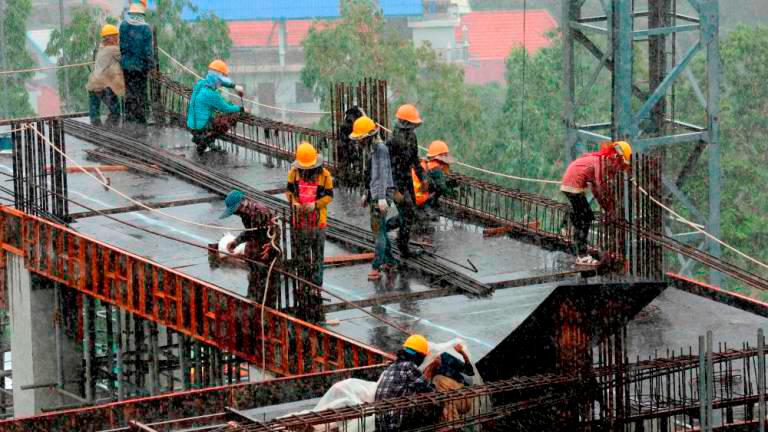THERE has been a great hue and cry among employers and politicians on the shortage of foreign labour in Malaysia. The country’s gross domestic product growth has been affected due to the lack of capacity to meet excess global demands for electrical and electronic goods and shortage of workers in the palm oil and construction industry.
Even the hospitality industry is going through a labour crunch for jobs
such as security guards and food and beverage staff, resulting in the closure of some restaurants.
The question is why has the Human Resources Ministry not anticipated this predicament, given all the information it has in hand? The ministry should be proactive to ensure such a magnitude of problem be, at least, mitigated.
One of the issues that
is troubling to hear is that management staff of the electrical and electronics industry, who should be involved in strategising and growing the business, are on the production floor helping operations to ensure goods are delivered on time. In some hotels, human resources personnel are doing the jobs of security guards.
While it is good for top management to experience the reality on the ground, it will be counterproductive in the long run when skills are not utilised towards a proper end.
We also have a shortage of skilled workers – those who graduated from public and private universities lack the necessary skills for the available jobs in demand.
We are also caught up with issues related to forced labour, where the demand for foreign workforce has made many employers and its agents bypassing the importance of upholding fundamental human rights, resulting in foreign workers going through debt bondage and passports being held, with freedom of movement restricted.
From the above issues, it is clear that we have failed to build a strong ecosystem of human capital development, and ensuring fundamental rights that is built on social dialogue and consensus.
It is through the respect for fundamental rights of workers that we will be able to attract domestic and foreign talents to the country.
It is time we initiate a social dialogue with all stake holders in the country on how to build a holistic ecosystem for human capital and observe the rights of workers.
On a similar note, the Association for Welfare Community and Dialog urges the Human Resources Ministry to engage the Trade and Industry Ministry, employers, unions, NGOs, universities and think-tanks on resolving the issue of our dysfunctional human capital ecosystem.
Ronald Benjamin
Secretary
Association for Welfare Community and Dialogue













